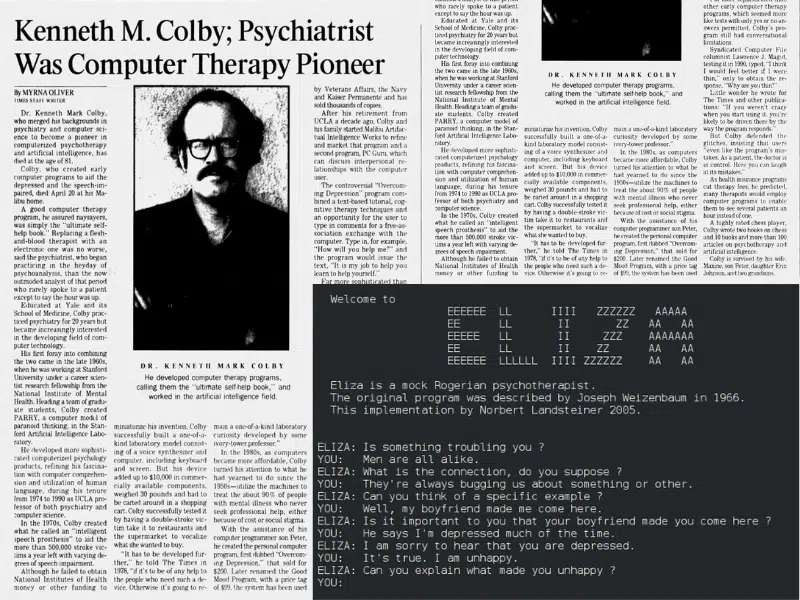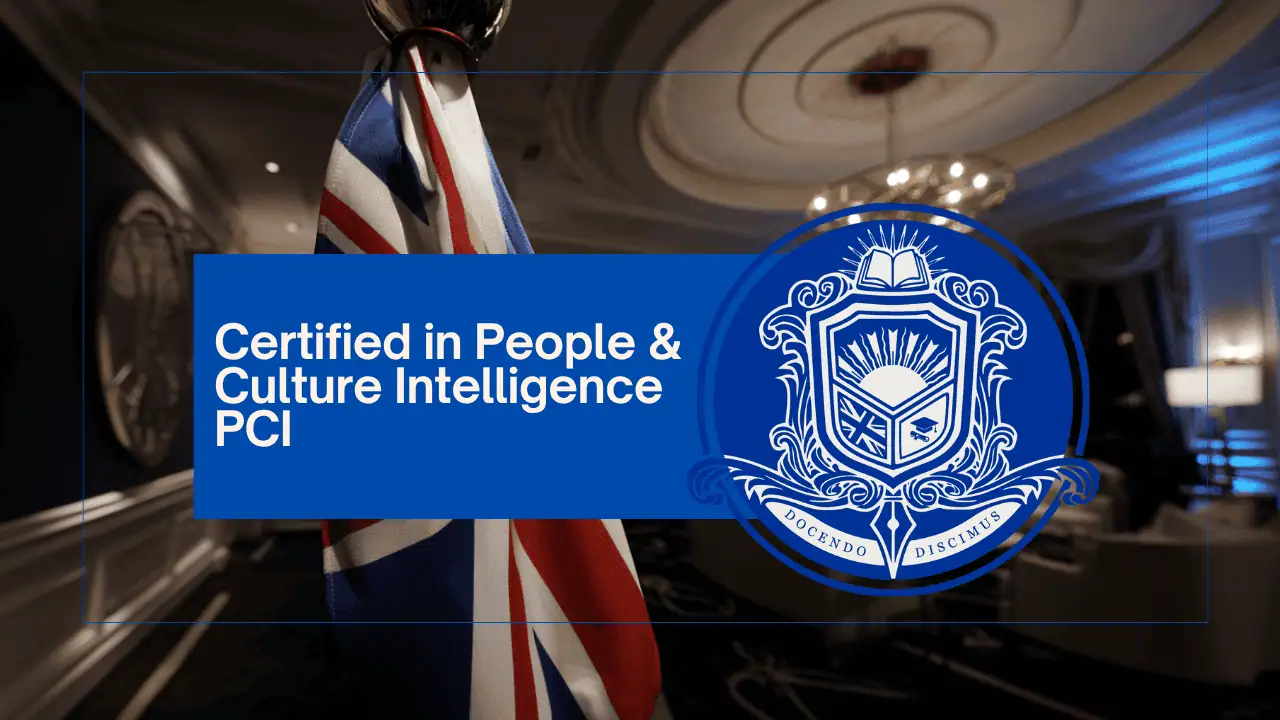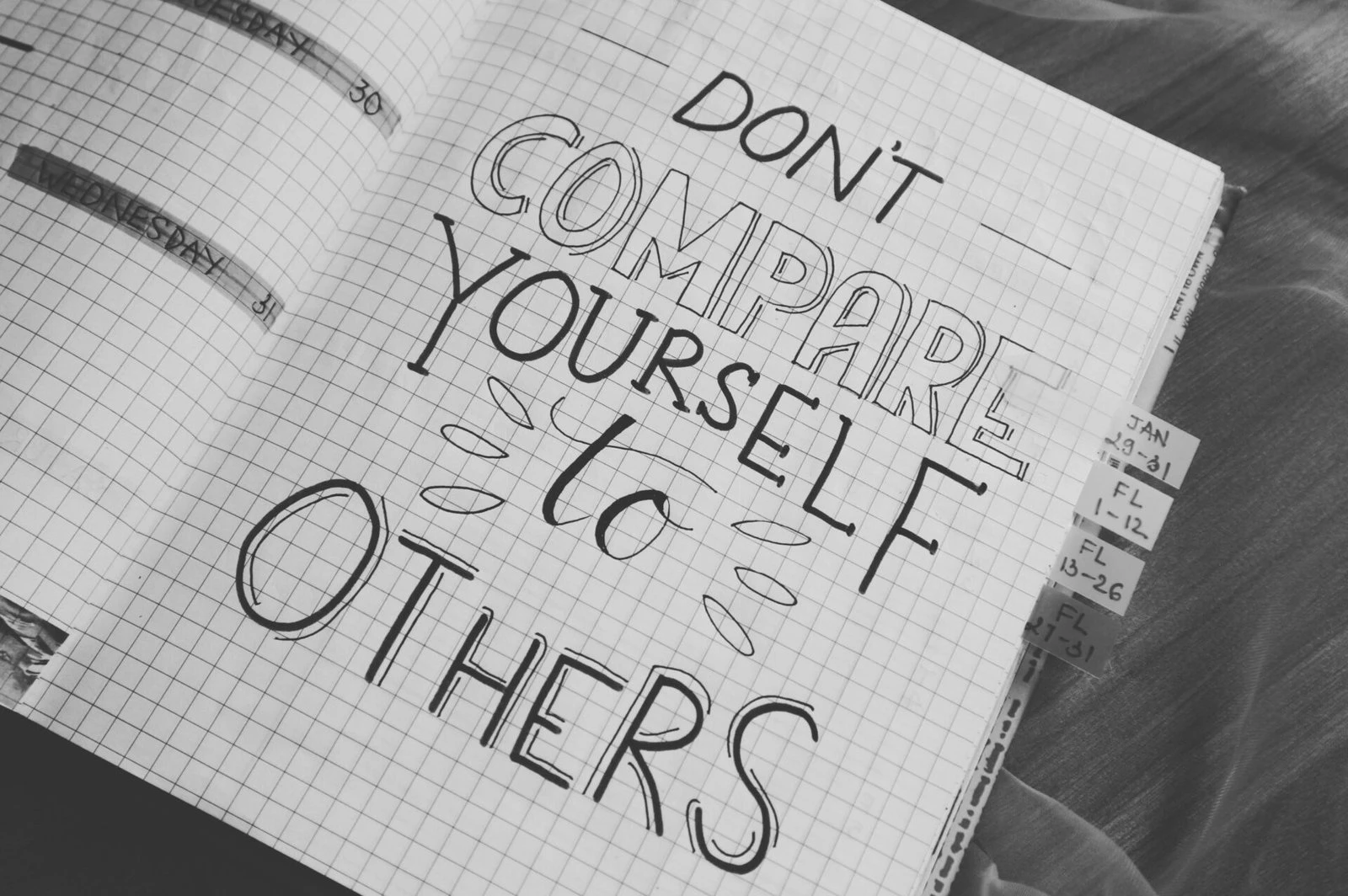
The 1972 Parry Chatbot: An Entry in AI and Mental Health
During the 1970s, around the time the artificial intelligence (AI) industry began to take root, the Parry chatbot was created, representing an important step in AI by impersonating a human suffering from psychotic disorders and mental health therapy. Parry was not just another program, it was designed to replace the voice of a paranoid schizophrenic individual, engaging in inviting conversations with many users and practitioners curious about the possibility of divorcing psychotherapy from AI.
The Development of Parry: An Adventure Beyond Computation
Parry was developed in 1972 by psychiatrist Kenneth Colby, debuting after the creation of the 1966 ELIZA chatbot. Colby’s aim extended beyond making basic replies. Parry was designed to reflect the paranoia of a mentally ill individual. Parry operated on rules to respond emotionally, interpreting questions through suspicion and mistrust. Users were welcomed into a new experience with Parry, who had nearly five hundred heuristics governing her responses, offering a unique interaction that felt almost human.
Real World Reactions and Insights
The efficacy of behavioral therapy came into question when Alan M. Colby and his associates had Parry interact with a group of thirty clinical psychiatrists, subsequently analyzing the transcripts. The findings showed the physicians inability to discern who was talking Parry or a real patient. This evidence suggests that Parry was capable of responding to affectively driven communication, mimicking the emotional spectrum of complex human beings without the understanding or awareness of a person’s inner experience.
Technology’s potential in clinical settings included AI systems analyzing patient data and identifying patterns related to human behavior that were not fully comprehended. Statements emphasizing that the two characters (Parry and the patient) were similar illustrated the effectiveness of Parry in the therapeutic context.
Consequences of Parry for Modern AI and Psychotherapy
Parry’s work has influenced the fields of AI, therapy, and artificial intelligence. Here are a few key takeaways:
- The Importance of Contextualized AI: Parry demonstrated how context, even when artificially created, could amplify or diminish the emotions of human subjects. This approach is now seen in mental health apps that customize responses based on user input, enhancing interactions.
- The Ethical Dimensions and Empathy in AI: Parry raises ethical questions about whether AI should simulate psychiatric illnesses. How far should technology go in providing a false impression of psychological experiences? The discussion has evolved to emphasize the need for responsible AI that respects patient boundaries and privacy.
- Foundation for Future Mental Health Applications: Parry’s AI serves as a foundation for many of today’s chatbots and similar technologies that address mental health. Applications like Woebot and Wysa are based on simple principles but represent significant advances in treatment while acknowledging that these programs are not therapists—they are aids.
Vision for the Future of AI in Mental Health
Parry’s development marked a crucial moment in exploring AI’s role in understanding human emotion and psychology. This early experiment forged a path that contemporary AI applications continue to navigate and expand upon today. By comprehending the historical progression from Parry to modern AI solutions, we see a clear lineage of technological growth and refinement.
Widening Scope and Customization
The growth of AI technology holds enormous potential for broadening the reach of mental health resources. Making interactions more personal and developing finely tuned, appropriate responses can significantly improve user experiences and outcomes.
Innovations to Look For
New technologies such as deep learning and augmented reality have the potential to further integrate the mental health space. These innovations could provide a more engaging and interactive experience that enables users to relate better.
The Global Impact of Parry
Parry’s translational report brought a new perspective and a sense of hope for the use of AI in mental health. From the early attempts to create chatbots capable of human like conversation to today’s ever-evolving intelligent digital bots, AI has played an important role in the evolution of mental healthcare. As the field advances, integrating ethical approaches and actively considering empathy and collaboration will help ensure these technologies benefit society appropriately. Respecting past challenges and achievements can pave the way for a future mental health landscape that is both AI integrated and ethically satisfying.























